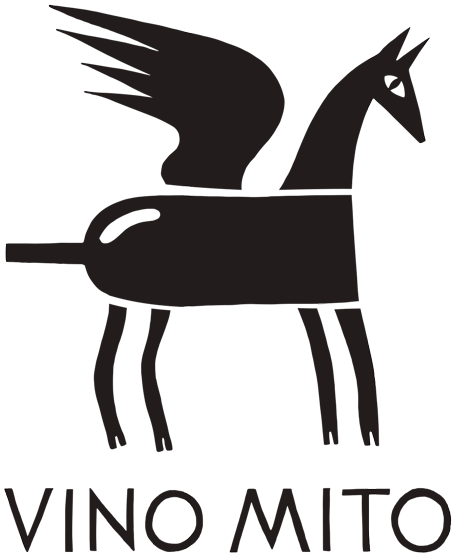Fiore-Podere San Biagio
Controguerra (TE) - ABRUZZO
Podere San Bagio is located in Controguerra, in the Teramo Hills – a border town between Abruzzo and Marche, sitting 300 meters above sea level, and few kilometres from the Adriatic coast.
The Fiore family that runs the winery traces its farming beginnings to the 1980s. At the time they had no plans to make wine. Their focus was the cultivation of ancient cereals that had been abandoned – the first to do so in Italy. Over time they expanded the types of crops they grew, expanding to ancient grains such as Saragolla, a durum wheat, and Solina and Rosciola, soft wheats typical of mountain areas.
The Fiore family has been dedicated to the search for environmentally friendly agriculture, through organic cultivation methods and the integration of some biodynamic practices.
Eventually the family began planting vines and olive groves. It wasn’t until 2000, however, with the construction of a cellar, that real wine production began. In 2014 Jacopo Fiore (the young son in the family) returned home from studying and travelling aboard. He turned his attention to the cultivation of the vineyard and the refinement of cellar practices. The aim was to improve the overall quality of the wine being produced through the increasing application of natural winemaking practices.
Valli Unite in Piedmont and Aurora in Marche, two great agriculture cooperatives, helped Jacopo to refine his winemaking philosophy and skills. This has helped him create his own unique way to express his wines.
The influence of the sea and of mountain air currents create the ideal climate for the ripening of the varieties typical of the region: Trebbiano, Malvasia, Passerina and Pecorino, as well as the undisputed king of the Abruzzo region, Montepulciano.
The five hectares of vineyard grow on a clayey-limestone soil. Copper and sulphur are used in minimal doses and are the only treatments allowed. There is minimal mechanical processing of the soil to encouraging a rich biodiversity. All wines are spontaneously fermented and are neither filtered nor clarified. Only a very small amount of sulphur dioxide is added at bottling if really necessary.
Today Jacopo maintains the link between his land and his culture, while still experimenting in the cellar to create his own interpretation of that tradition. The result are fresh, expressive wines, full of character and depth, that are made to be drunk every day.








